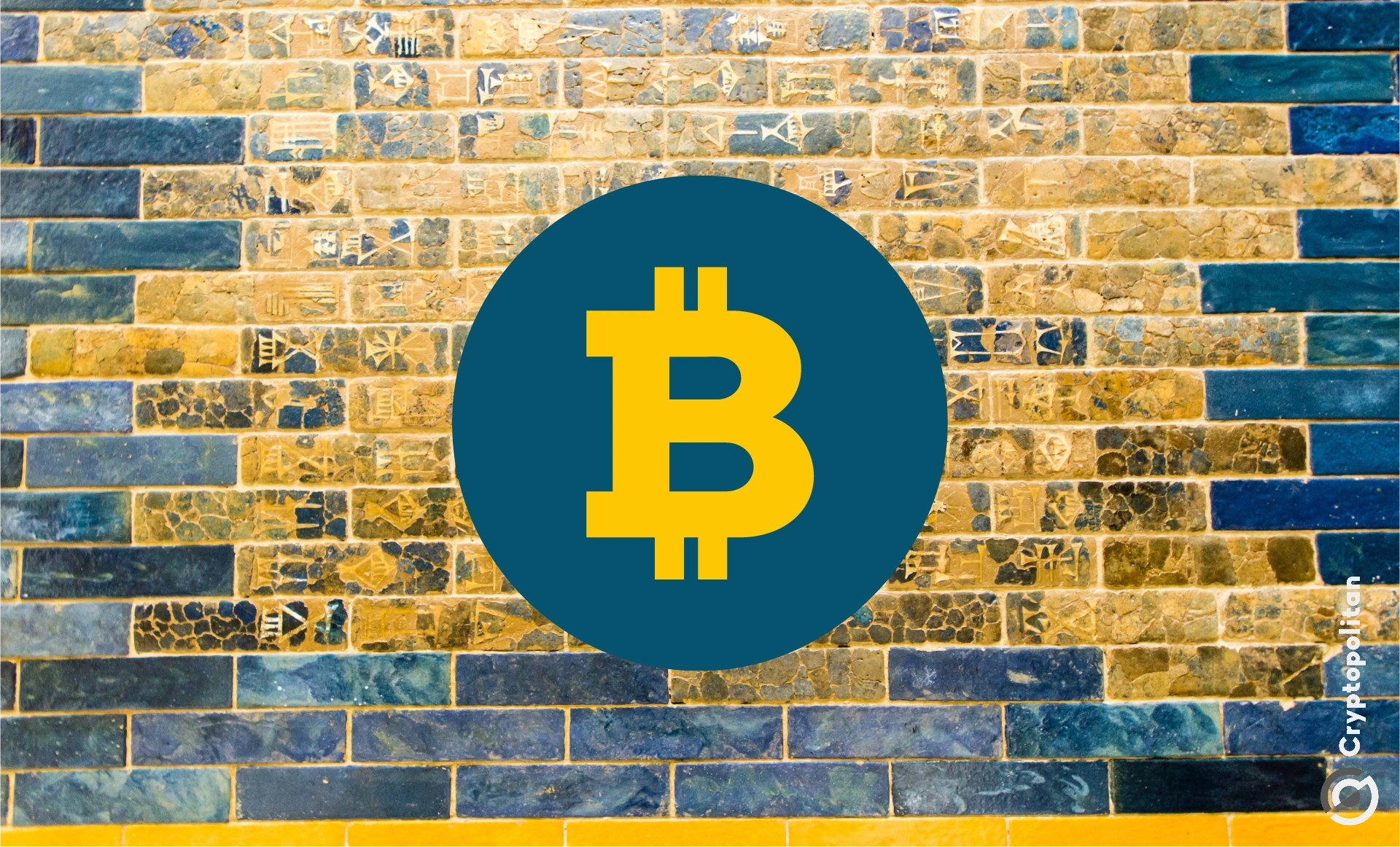Bitcoin (BTC) fees peaked in the past few days, driven by a newly launched staking product. The Babylon Labs product created a transaction frenzy by having a limited cap for the first stage of its staking product.
Bitcoin (BTC) fees surged in the short term after the initial launch of a new staking product. CryptoQuant researchers noted the fee anomaly, which was over within hours, and tied it to the launch of a Babylon Labs BTC staking product.
During the 2024 bull cycle, there were expectations for BTC having its own form of DeFi, similar to Ethereum and Solana. So far, layer-2s and other yield protocols on BTC are limited, and are often viewed with skepticism. This is one of the reasons for the relatively small-scale start of Babylon Labs, initially capping its product at 1,000 BTC. All depositors will receive yBTC tokens for deposits between 0.005 BTC and 50 BTC.
The fee spike remained relatively small compared to days of peak trading, where BTC transaction fees once again returned to hundreds of dollars. During ordinary times, BTC fees are under $1 due to the slowdown in Runes and Ordinals, as well as other products based on the BTC network. Bitcoin is still slowing down in August, with a lower number of active daily wallets, down to less than 500K addresses in the past 24 hours.
BTC has been locked as collateral in other protocols, but the recent liquid staking aims to build an ecosystem. The staked BTC can be used to secure layer-2 networks, oracles, and other apps that want to improve their security. Bedrock, a liquid staking startup, has already announced its activity on Babylon Labs. The Bedrock protocol is already using the Eigen layer liquid staking for its products.
Total Bitcoin transaction fees spiked today from 0.5 to 60 Bitcoin on an hourly basis.
This was related to transactions looking to stake Bitcoin on @babylonlabs_io staking protocol.
Total staking was capped at 1K Bitcoin so people rushed to stake and paid high fees. Each… pic.twitter.com/XRppYKVHLj
— Julio Moreno (@jjcmoreno) August 22, 2024
Babylon Labs completes Phase 1 of the staking program
Babylon Labs reported a total of 12,720 initial stakers, which sent out their BTC in the span of an hour or about six BTC blocks. The model of a short staking window and a cap to initial inflows repeats the onboarding for Eigen Layer and other liquid staking protocols.
The rationale of BTC staking is that the leading coin is too valuable, encouraging long-term holding. However, the BTC sits without generating value, and Babylon Labs aims to turn it into an asset for new types of networks.
The staking of 1,000 BTC will be the basis for the creation of a new liquid staking token, which can then be used in a new set of DeFi projects. Babylon Labs thus seeks to build a new protocol with practically guaranteed liquidity. The Babylon Labs product will also include ‘slashing,’ a practice in liquid staking where validators can lose their BTC if they decide to attack the network.
Babylon Labs will also use native BTC for staking rather than wrapping the coin on the Ethereum network. The new product hinges on the services of pSTAKE and has already gone through a testnet stage. pSTAKE Finance already has experience arranging liquid staking services in Solana.
The Babylon Labs product will rely on the Binance Smart Chain and the Binance Web3 smart wallet. The first Babylon Labs clients will enter the pSTAKE Finance ecosystem and receive PSTAKE token bonuses. Currently, 10,356 holders carry PSTAKE, adding to the new inflows through the Babylon Labs product. The additional PSTAKE tokens will be awarded to 500 selected depositors from the latest campaign.
Babylon Labs is also planning an airdrop based on current staking activity. All users that deposit BTC will receive a final reward mix of yBTC, pSATS from pSTAKE protocol, as well as Babylon points to be converted to a future airdrop.
Liquid staking has already locked in $45B, though mostly distributed to Ethereum and Solana. BTC liquid staking is still viewed with some skepticism, due to the scarcity of coins and demand for self-custodied BTC. Despite this, BTC is still used as a wrapped asset, as well as for niche forms of DeFi. Swell Network also offers swBTC as an asset in its liquid staking solutions. The rewards for staking BTC with the Swell Network hinge on the activity and fees of Ethereum.
After the news of Babylon’s liquid staking product, BTC remained close to $64,000, regaining some of its lost ground over the weekend. ETH traded above $2,740 while remaining a key asset and chain for decentralized finance.
Cryptopolitan reporting by Hristina Vasileva





